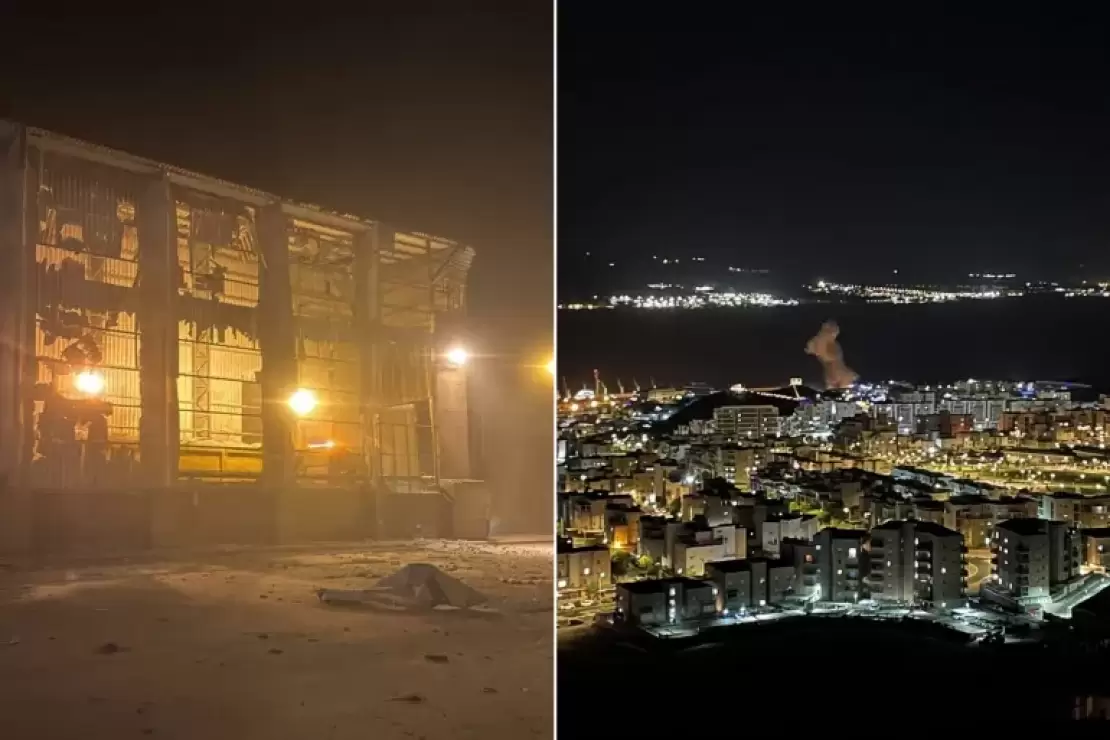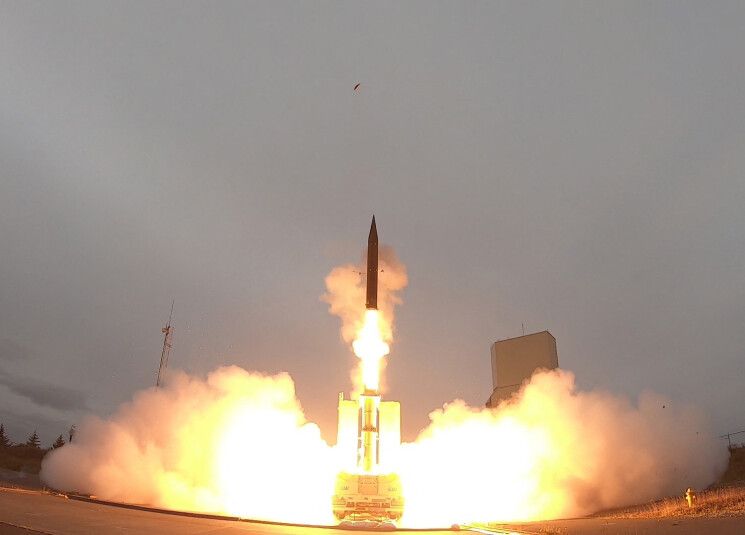Iraqi Drones Strike Eilat
Iraqi drones breached Israeli airspace, Wednesday night, striking Eilat which was built on the ruins of Umm Al-Rashrash. Sirens blared across the city as unmanned aerial vehicles (UAVs) originating from Iraq penetrated deep into area, according to local reports.
The Islamic Resistance in Iraq claimed responsibility for the operation, stating its drones targeted a “vital site” in the occupied city. The group emphasized that the operation was part of its continued resistance against Israeli occupation, expressing solidarity with Palestinians and Lebanese people, adding the attack was a response to massacres committed by the occupation against civilians, including children, women, and the elderly according to the Quds News Network.
Israeli Channel 14 confirmed three drones entered Israeli airspace over Eilat. One drone reportedly crashed near the port, a second was intercepted, and the whereabouts of the third remains unknown. In their statement the Israeli military acknowledged only two drones.
Israeli sources reported two injuries among Israeli settlers following the explosion of one of the drones in a targeted location in the city. Footage from the scene showed significant damage in the area where the Iraqi drone had landed.
This drone strike comes as tensions are escalating across the region. Israel is currently conducting a large-scale military offensive in Lebanon, while its genocide in Gaza has persisted for almost a year. Earlier today, the Islamic Resistance in Iraq also claimed to have launched a missile attack on a key target in northern Israel, describing it as part of its broader retaliation for Israeli actions against civilians.
The same group recently carried out a drone attack near the Jordan Valley, signaling its ongoing campaign of strikes in response to Israeli massacres of civilians.










